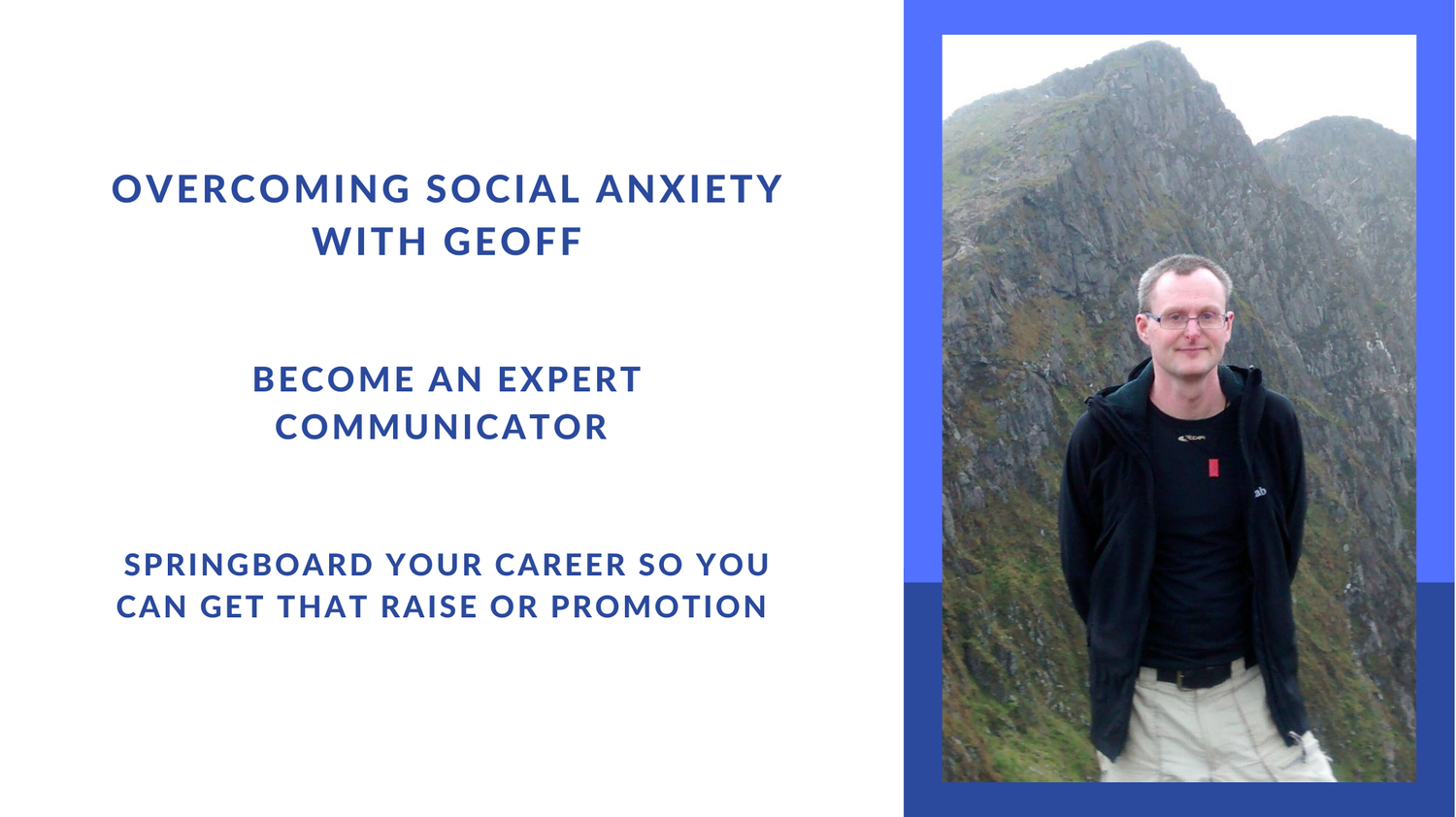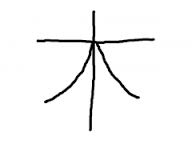Insomnia, also known as sleeplessness is a sleep disorder. You may find it difficult to fall asleep. You may wake several times during the night. Sleep problems usually resolve themselves within a month. If it last for longer it can affect our lives. It can be caused by worry and irregular sleep patterns. Caffeine and alcohol can stop you falling asleep and prevent a deep nights sleep. Being active can help you to sleep better (www.nhs.uk).
There will come a point, when the symptoms of sleep deprivation need to be dealt with. The irritability and lack of concentration may convince you to consider taking steps to get better sleep.
Symptoms of Insomnia
People often envision insomnia as not sleeping for nights on end. However, it does not have to be that dramatic. Waking up during the night can be a symptom of insomnia according to the Mayo Clinic, a highly regarded nonprofit academic medical center based in Rochester, Minnesota[1]. Daytime tiredness or sleepiness is also an indicator of insomnia. You may also find it difficult to concentrate and be more irritable than usual. You may wake up early and be unable to get back to sleep. These symptoms are bearable in small doses but there will come a time when you need to sleep better so that you can function during the day.
One way to start improving your sleep health is to address causes of insomnia. Stress can make it difficult to fall asleep and stay asleep (Han et al, 2012) [2]. Taking the time to relax and calm your anxiety before bed may help you sleep better.
Stress Relief as a Treatment
Yoga and acupuncture can help to reduce your stress and help you sleep better. Yoga has been found to be reduce stress and improve sleep patterns (Woodyard, 2011) [3].Twice-weekly yoga practice was shown to reduce work stress and improve sleep for nurses (Fang and Li 2015) [4]. Acupuncture has also been shown to reduce stress in rats (Eshkevari et al, 2015) [5], using a pressure point that rats and humans share. Rats who received real acupuncture (as opposed to sham acupuncture) had as much anxiety as the control group, which did not see any stressful situation. The rats that received acupuncture appeared as if they hadn’t been stressed at all. The ability to reduce stress may make acupuncture an effective insomnia treatment as well.
Cao et al (2009) [6] reviewed randomized controlled trails in order to compare the effectiveness of medication and acupuncture on improving sleep. Patients treated with Western medicines and acupuncture (separately) had similar sleep durations. Acupuncture actually increased sleep duration for more patients than the medication.
Melatonin as a Treatment
Stress relief may not be only one way that acupuncture helps people sleep. The treatment may also increase the body’s production of melatonin. Melatonin is a natural hormone that the brain releases in response to light. It builds up during the day and when it reaches a certain amount you feel sleepy. Many people take melatonin supplements as an alternative to prescription medications. A study by Chao et al (2001) [7] showed that the anti-seizure effect of electroacupuncture was due to increased melatonin production. A later study (Spence et al, 2004) [8] showed that increased melatonin in the people who had acupuncture treatments led to better sleep quality.
Additional Ways to Improve Sleep
Acupuncture can be combined with other lifestyle remedies to treat insomnia more effectively. So why not try a twice-weekly yoga session and a weekly acupuncture treatment. You can also use herbs, such as lavender, to calm your mind at night (Koolivand et al, 2013) [9]. Consider improving your sleeping space as well. Dark, quiet and cool environments make it easier to fall asleep (NHS) [10]. Blackout curtains may help if light is stopping you get to sleep.
If you are suffering from insomnia, even temporarily, there are lifestyle changes and alternative treatments that can improve your sleep.
References
[1] Insomnia. Mayo Clinic https://www.mayoclinic.org/diseases-conditions/insomnia/symptoms-causes/syc-20355167
[2] Stress and Sleep Disorder
Han KS, Kim L, Shim I. Exp Neurobiol. 2012 Dec;21(4):141-50. doi: 10.5607/en.2012.21.4.141. Epub 2012 Dec 26.
https://www.ncbi.nlm.nih.gov/pmc/articles/PMC3538178/
[3] Exploring the therapeutic effects of yoga and its ability to increase quality of life
Catherine Woodyard Int J Yoga 2011 Jul-Dec; 4(2): 49–54.
https://www.ncbi.nlm.nih.gov/pmc/articles/PMC3193654/
[4] A regular yoga intervention for staff nurse sleep quality and work stress: a randomised controlled trial.
Ronghua Fang, Xia Li Journal of CLinical Nursing 12983, 2015 https://onlinelibrary.wiley.com/doi/abs/10.1111/jocn.12983
[5] Effects of Acupuncture, RU-486 on the Hypothalamic-Pituitary-Adrenal Axis in Chronically Stressed Adult Male Rats
Ladan Eshkavari, Susan E. Mulroney, Rupert Egan, and Lixing Lao Endocrinology, Volume 156, Issue 10, 1 October 2015, Pages 3649–3660
http://press.endocrine.org/doi/10.1210/en.2015-1018
[6] Acupuncture for Treatment of Insomnia: A Systematic Review of Randomized Controlled Trials
Huijuab Cao, Xiangfang Pan, Hua Li, and Jianping Liu J Altern Complement Med. 2009 Nov; 15(11): 1171–1186.
https://www.ncbi.nlm.nih.gov/pmc/articles/PMC3156618/
[7] Chao DM, Chen G, Cheng JS: Melatonin might be one possible medium of electroacupuncture anti-seizures. Acupunct Electro-Ther Res 2001; 26:39–48 Medline
[8] Acupuncture increases nocturnal melatonin secretion and reduces insomnia and anxiety: a preliminary report.
Spence DW, Kayumov L, Chen A, Lowe A, Jain U, Katzman MA, Shen J, Perelman B, Shapiro CM.
J Neuropsychiatry Clin Neurosci. 2004 Winter;16(1):19-28
https://www.ncbi.nlm.nih.gov/pubmed/14990755
[9] Lavender and the Nervous System Koulivand PH, Khaleghi Ghadiri M, Gorji A.
Evidence Based Complementary and Alternative Medicine 2013;2013:681304
https://www.ncbi.nlm.nih.gov/pmc/articles/PMC3612440/
[10] Trouble Sleeping, NHS
https://www.nhs.uk/oneyou/every-mind-matters/sleep/?WT.tsrc=Search&WT.mc_id=Sleep&gclid=Cj0KCQjwu6fzBRC6ARIsAJUwa2TuQZx4lKV_xVrrlp3vVOVJBf1qOL_UWZqUVxmNdl33_4OtP85RcRkaAn8tEALw_wcB










